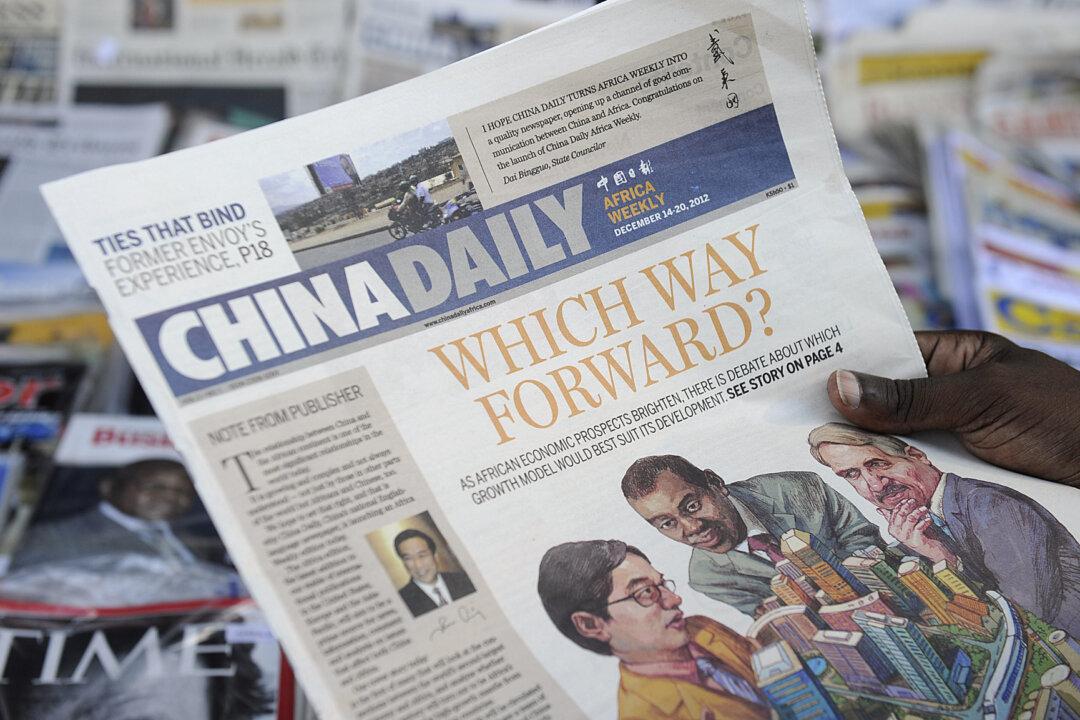Countries should be vigilant about the serious threats posed by China’s expanding global media influence, according to a new report published by the U.S.-based National Endowment for Democracy.
The report, titled “China’s Global Media Footprint: Democratic Responses to Expanding Authoritarian Influence,” detailed how the Chinese regime has been “leveraging propaganda, disinformation, censorship, and influence over key nodes in the information flow,” as it expanded its efforts to “shape media content” globally to portray Beijing in a positive light.






